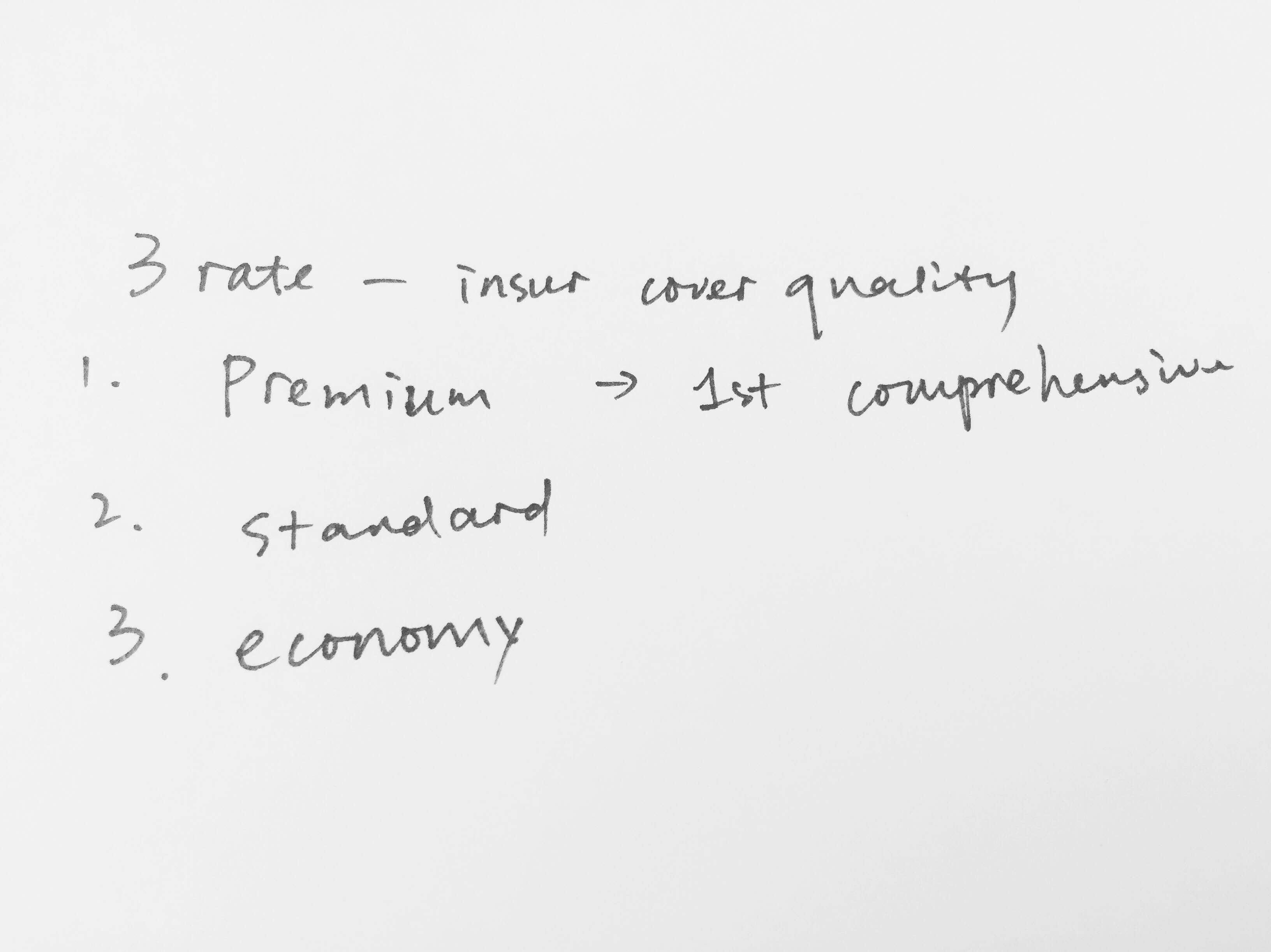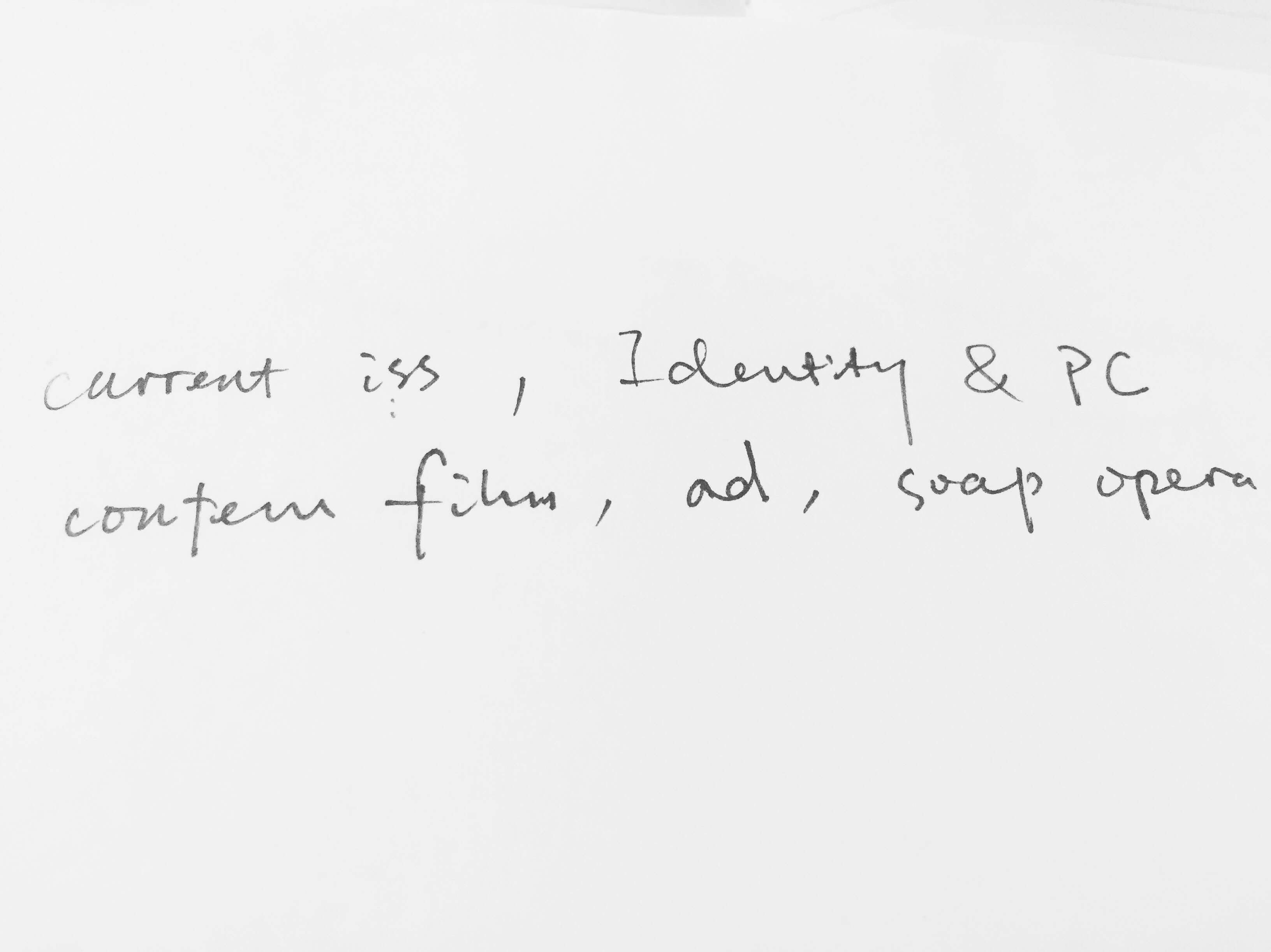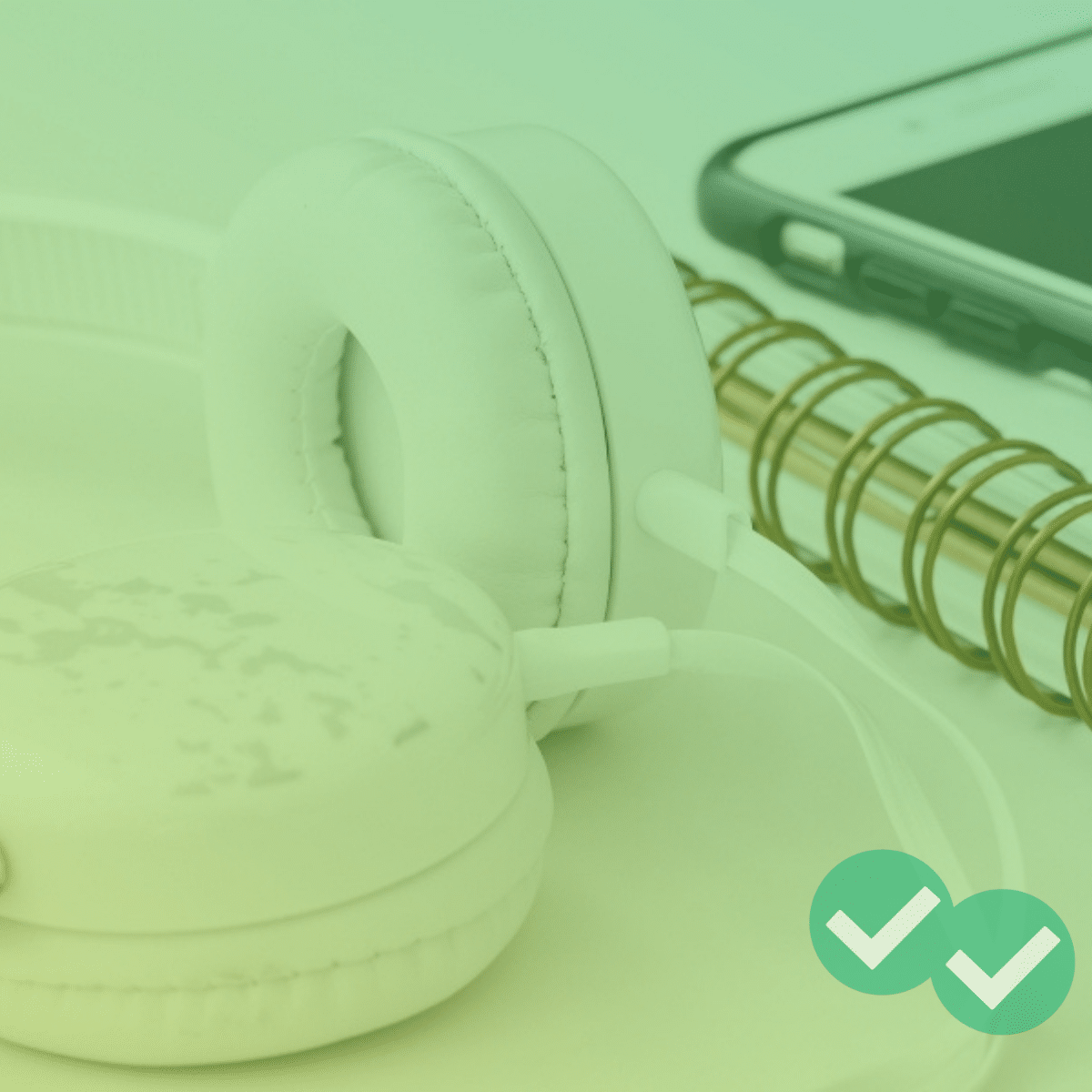Some students have trouble with taking notes while listening because it requires you to do two tasks at the same time (listen and write). However, it is necessary to take notes because effective note taking will help you to better understand the meaning and logic of listening materials on the IELTS. Practice your note taking skill when doing practice tests and it will definitely improve your listening score. Here are some IELTS Listening tips for better note-taking!

Tips for note taking: Write on paper
Why is it important to be good at writing things down on paper? Well,for one thing, most test-takers still take the paper version of the IELTS. People can only take the IELTS on computer in select locations. It’s more likely than not that you’ll take the IELTS with an old-fashioned paper test-book as if it were still 1997 or something.
So you may need to make sure that you’re comfortable with that. Filling in answers on paper needs to come naturally for you by test day. And you must be able to write entire essays on paper for the exam. Writing by hand for long periods of time is no longer an everyday event. So practice, practice, practice.
Even if you are taking the computer-delivered IELTS (IELTS CDT), however, writing on paper is still an important skill. Even on the IELTS CDT exam, you’ll still be expected to take IELTS writing notes and outline your essays on scratch paper.
Tips for note taking if you’re taking the paper-based IELTS: Combine paper tests with online prep
You can find some really nice IELTS prep material online, especially if you look on the four official IELTS prep websites. If your IELTS will b paper-based, one good way to keep your answers on paper is to simply write down your answers in a notebook. Look back and forth between your screen and your notebook, and pen (or pencil) in all those answers by hand. This sounds like it could be distracting, but trust me, it’s not. Going from your computer screen to your notebook and back again requires concentration, so this “papered” method can help you focus better and think more deeply.
There’s another slightly trickier way to keep your IELTS on paper if need be: printing out an actual answer sheet. You can get answer sheets in PDF form on the IELTS.org website. And blank answer sheets are a gift that keeps on giving. You can use them on any IELTS practice exam you take, online or off.
Tips for note taking: Do not write down every single word
It is impossible to write down every word you hear during IELTS Listening. Therefore, you need to select key information such as main ideas and examples. Take a look at the following example, from an IELTS listening practice.
Text: There’s really three rates according to quality of insurance cover – there’s the highest comprehensive cover which is Premium rate, then there’s standard rate and then there’s economy rate.
The key information in the text is the three different rates in terms of insurance cover quality. Here is my note:

Tips for note taking: Use abbreviations and symbols
Abbreviations and symbols can speed up your note taking rate. Check out the most commonly used abbreviation list. Also, you can create your own abbreviations such as using the first several letters of a long word. For instance, dic can used to replace the word dictionary. Besides, symbols can be used instead of words to save your time. For example, an arrow going up/down can indicate increase/decrease.
Here is another example:
Text: If you’re interested in a course focusing on current issues there’s the option on Identity and Popular Culture – that approaches the subject through things like contemporary film, adverts, soap operas and so on.
Note:

Abbreviations such as iss, ad, PC and the symbol & are used to replace the original words issue, adverts, Popular Culture and and.
Tips for note taking: Leave space
Do not put everything tightly together on your note because it may cause confusion afterward. It is better to have one line for just one piece of information. If you take a look at the previous two examples about selecting key points in a text and using abbreviations, you will find that I left enough space for every single piece of information to make it clear.
Tips for note taking: Use your native language
You can write down information in your native language or a mixture of English and your mother tongue if it is more convenient for you.
You can watch even more tips for note taking below:
The point of note taking is to make sure that you can trace back to your notes when giving answers. Therefore, you may create your own style of note as long as you can record key points, and understand your notes!





